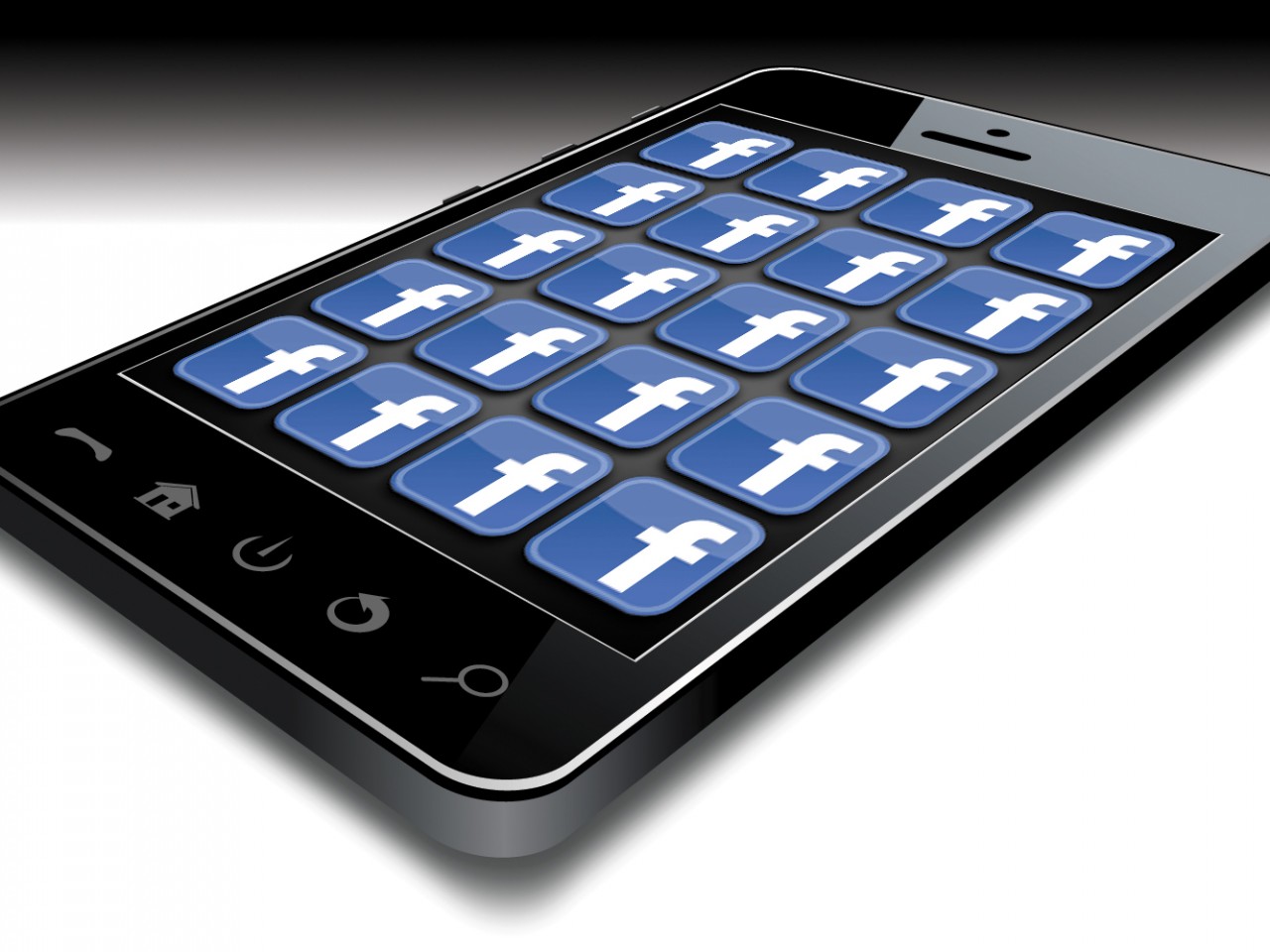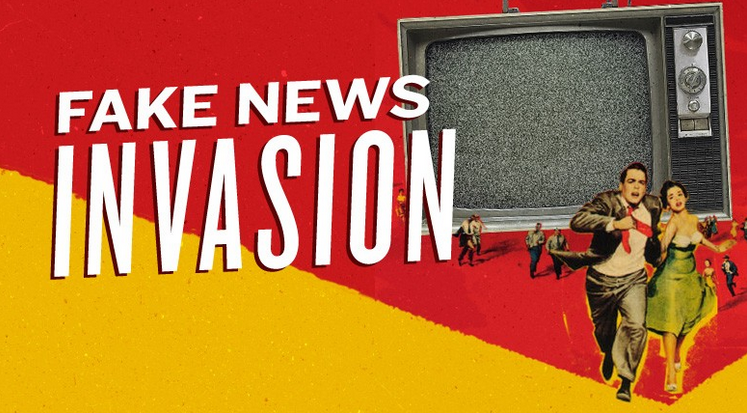By: Rachael Zipperer

You might have seen this YouTube video, which proclaims sarcastically that “Millennials suck.” The gist of the video is that it is not our fault that we don’t have jobs and live with our parents—it is the mistakes of previous generations that have ruined the economy, increased college tuition, and told us that we are “special.”
Millennials do kind of suck (for lack of a better term), and like the video says, it is not really our fault. But it is not entirely because our parents left us with no manufacturing jobs, either. An incredible, and generally negative, difference between Millennials and previous generations come with how we use technology. The video also hits on this criticism of Generation Y when one of the Millennials says to the older critics, “you’re right, we do text too much,” a habit that is ubiquitous among a generation whose members would rather lose their car than their cell phone. Beyond just texting, the general attachment to smartphones and social media has had the alienating effect that makes this the least respected generation in decades.
There has certainly been no lack of judgment directed toward social media sites like Facebook. Multiple studies have shown negative effects of social media use. Facebook in particular has been linked to depression, a feeling of “missing out,” hyper-competitiveness, and narcissism. The most prominent negative feeling associated with social media use is envy. It comes as no surprise that having a constant visual reminder of what is happening in the lives of your friends and acquaintances may make you feel left out or jealous. Meanwhile, the most self-involved people utilize social media as a tool to further build their self-image. In this way, social media serves as a means to exaggerate the basic human emotions we already have; people with low self-esteem feel worse and people with high self-esteem feel better when they use Facebook because they are placed in the spotlight where others can view and critique them. This method of making individuals’ lives public works to heighten the negative aspects of their personalities.
Of course, Facebook users (myself included) have a multitude of positive reasons for using this platform and other similar sites. Social media is a readily accessible way to stay connected to what is going on in the world and to keep in touch with friends and family. Now that most young people have smartphones, this access is available literally anywhere, and it is difficult to resist the urge to check up on what everyone is doing when you have Facebook in your pocket at all times. Facebook has also become somewhat of a necessity for communication; it seems more people resort to Facebook as their main form of communication, assuming that everyone will see their post rather than contacting each individual friend. Think of all the events you would not know about without a Facebook invite and all the engagements you might not be informed of without the relationship status update. Because essentially everyone is using it, and often using it instead of more direct means of contact, social media has become almost inescapable if you want to stay up to date.
Defenders of social media might also point to some recent studies that report increased use of social media actually decreases feelings of loneliness. In this survey of people asked to increase their social media use, those who were more active on sites like Facebook by updating their statuses and having regular instant messaging conversations said they felt more connected than people who used social media less. However, the survey conducted to measure loneliness did not specify what kind of connectedness these users felt. This leaves us with the question of which is more important: feeling connected or actually being connected.
With online bullying arising as a prominent problem in youth culture, it is clear that social media also creates emotional distances between people, a lack of empathy for the people with whom we converse online but who we rarely see. While social media users have the resources to be more in tune to what is going on around the world in politics, pop culture, and the lives of physically distant friends and relatives, something is obviously lost in the interactions social media users have with other people, often the people physically closest to them.
This is a scene that we have all observed far too often. Take some time to observe a UGA bus stop or a classroom before the professor begins lecturing (or even during the lecture) and you will more than likely see a group of people all staring at their smart phones or laptops, texting people who are not there or “Facebook stalking” some acquaintance, instead of talking to the people and engaging with the physical space around them. Urban dictionary has recently acknowledged the slang term “nocializing” (like socializing but not) to describe this phenomenon. The name itself reveals the inherent problems in this kind of interaction. The “nocializer” feels that they are actively engaged with others through Facebook and texting, but they are in fact not socializing at all with the people around them in the real world.
So, though the most active social media users claim that they feel less lonely, more connected to people around them, and even report having more close friends and confidants, we have to ask ourselves what the value of this type of connectedness is. Does knowing what your high school friend ate for breakfast make up for not noticing your surroundings as you check the number of “likes” your new profile pic has accumulated? Though Facebook-famous Internet users may not feel as lonely, it seems that they are more alone, and that kind of sucks.

